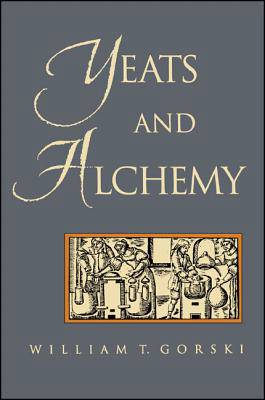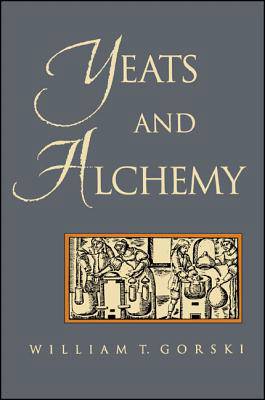
- Retrait gratuit dans votre magasin Club
- 7.000.000 titres dans notre catalogue
- Payer en toute sécurité
- Toujours un magasin près de chez vous
- Retrait gratuit dans votre magasin Club
- 7.000.0000 titres dans notre catalogue
- Payer en toute sécurité
- Toujours un magasin près de chez vous
Description
This book traces the development of alchemical discourse in the work of W. B. Yeats. His early essays and Golden Dawn transcripts demonstrate that for the poet, the alchemist was both artist and initiate. Gorski considers the themes of transformation, apocalypse, and futurity in relation to Yeats' alchemical representations of the 1890s. He uncovers Yeats' postmodern trajectory--to reconstitute the body, history, and material contingency which Yeats' original Symbolist aesthetic sought to transcend for "a world made wholly of essences."
Yeats and Alchemy bridges the resistant discourses of hermeticism and poststructuralism in alchemy's reclaiming of the culturally discarded value, in its theorizing of construction and deconstruction, and in its siting of the Other within the subject. Discussions of previously unpublished Yeats journals theorize on the Body's place and potential in spiritual transformation. Gorski also highlights the role Yeats assigned to alchemy in marriage and in his turbulent partnership with Maud Gonne.
Spécifications
Parties prenantes
- Auteur(s) :
- Editeur:
Contenu
- Nombre de pages :
- 223
- Langue:
- Anglais
- Collection :
Caractéristiques
- EAN:
- 9780791428412
- Date de parution :
- 10-01-96
- Format:
- Livre relié
- Format numérique:
- Genaaid
- Dimensions :
- 152 mm x 229 mm
- Poids :
- 498 g

Les avis
Nous publions uniquement les avis qui respectent les conditions requises. Consultez nos conditions pour les avis.






